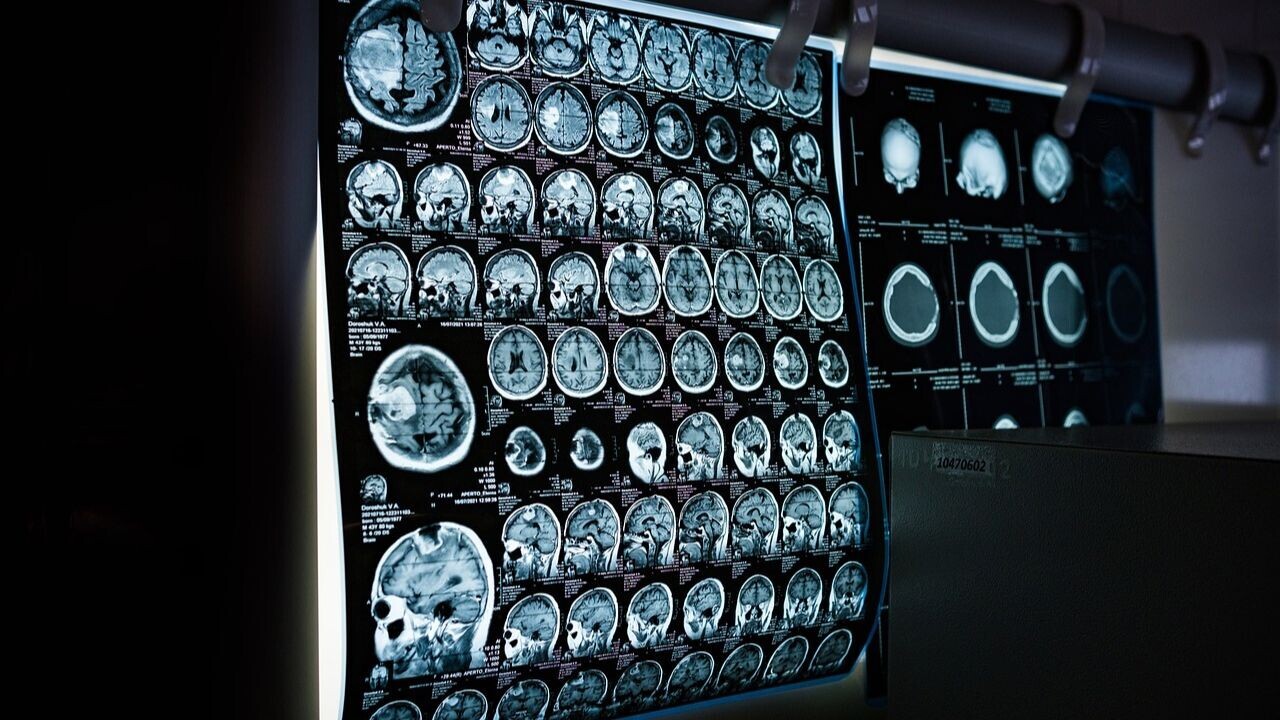
A new VR system that uses eye-tracking technology can calm children while they undergo Magnetic Resonance Imaging (MRI) scanning.
Developed by researchers at King’s College London, the method aims to mitigate children’s tendency to move during MRI scans. by engaging them in immersive virtual reality experiences.
Compared to adults, children are less likely to remain still inside the scanner, often negatively influenced by the large size of the machine and the loud noises. As movement can disrupt the quality of the images, doctors frequently have to resort to approaches such as sedation or general anaesthesia.
To address this, the researchers have developed an eye-tracking technology which enables gaze-based human-computer interaction (HCI). They have integrated the technology into their MR-compatible VR system, enabling children to watch videos or play games sing only their eyes.
Existing gaze-based HCI systems generally need some form of adjustments or set-up steps before the start of each session. But the team’s solution promises immediate interaction and instant user control to maximise engagement.
To initiate actions like starting a game or watching a video, children simply need to hold their gaze on items on the screen. As the child interacts, the eye-tracking system updates itself, allowing for direct and continuous engagement.
The researchers have successfully tested the method on 23 children aged between two and 13.
As it’s impossible to eliminate head movement completely, the research team plans to combine the VR system with another solution they have developed for MRIs — a tool that retrospectively performs motion correction on scans.
“Our approach opens new possibilities for awake [MRI] studies in young children for both clinical and research purposes,” said Dr Kun Qian, lead author of the study.
He added that it can potentially reduce the need for procedures such as anaesthesia, “enabling a new generation” of MRI-based studies of “awake brain processing” during childhood.
Get the TNW newsletter
Get the most important tech news in your inbox each week.




